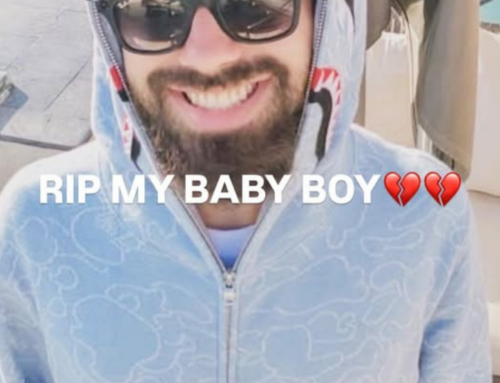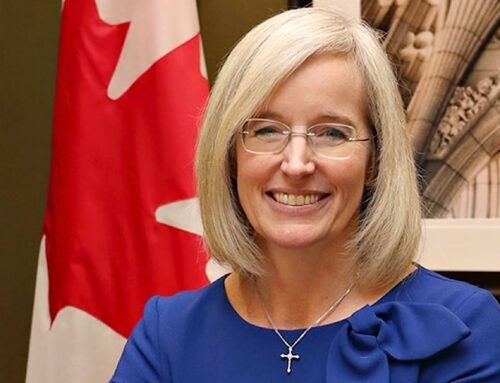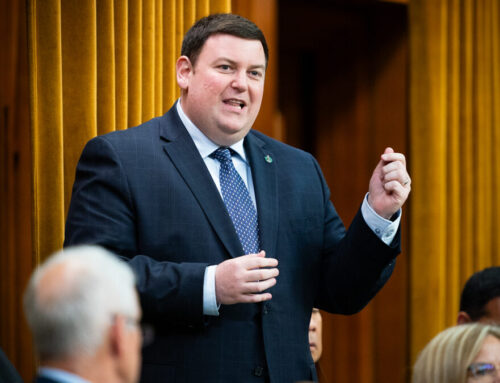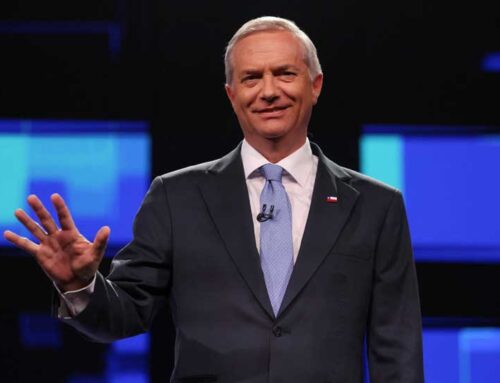Proposed euthanasia law is ‘unconstitutional, imprecise and lethal’: EPC
The Quebec legislature recessed for two weeks when the latest session of the National Assembly ended Feb. 20, which might help kill Bill 52, the so-called medical-aid-in-dying bill that would bring euthanasia to Canada’s second largest province. The Montreal Gazette reported that after four years of political maneuvering, the Parti Quebecois bill could die on the order paper if an election is triggered before the legislature resumes in mid-March or shortly after legislators return from their break.
Véronique Hivon, provincial Minister for Social Services and Youth Protection, who introduced the bill in 2012, was incensed that politics might scuttle the proposed law which would effectively legalize euthanasia and doctor-assisted suicide by permitting doctors to take the life of patients and not prosecuting them. “We have a cause that is bigger than us,” she said of the possibility her bill might not become law before the assembly recessed. “I can’t believe that it’s being taken hostage.”
The opposition Liberals and Coalition Avenir Québec MNAs complained that the government was rushing the bill while insisting that there be a full and proper debate. Stephanie Valle, Liberal social services critic, supports Bill 52 but wants her colleagues to be able to have their say.
CAQ house leader Gérard Deltell blamed the government for creating a legislative logjam. Debate was cut short when Pauline Marois tabled the provincial budget on Feb. 20, the final day of the session. If an election is not called before the National Assembly sits again, the budget takes precedence over other bills in the allotted time for debate when they return.
Parti Québécois government house leader Stéphane Bédard said that the debate on the end-of-life bill began four years ago and criticized the opposition parties for playing politics.
Thus far 35 Liberal MNAs have indicated a desire to speak and Liberal Leader Philippe Couillard compromised with the government to limit their speeches to 10 minutes. Couillard, who has indicated skepticism of the bill, is allowing a free vote for his caucus.

Liberal Quebec MNA Lawrence Bergman opposes the euthanasia bill because he supports the sanctity of life.
Lawrence Bergman, a Liberal MNA, stood in the legislature to oppose Bill 52, saying, “I believe in the sanctity of life … and nobody has the right to take the life of another person or decide to end one’s life.”
During the first week of February, Amy Hasbrouck of Toujours Vivant – Not Dead Yet, pointed to the irony of the National Assembly preparing to debate Bill 52 while the province recognized suicide prevention week. “There is a striking contradiction here,” she said. “As a society, we’re saying some people should be prevented from killing themselves while another group should be killed if they ask for it.”
The anti-euthanasia group Living with Dignity predicts that Quebec suicides could double to 2000 if Bill 52 passes.
Vivre dans la Dignité released a video featuring doctors opposed to Bill 52, including Dr. Balfour Mount, a pioneer in palliative care. Calling the bill a “disastrous mistake” Mount said, “legalizing euthanasia places at risk the most vulnerable among us, the elderly, the handicapped, those unable to speak for themselves, those who feel they’re a burden to their loved ones.”
The Euthanasia Prevention Coalition says Bill 52 is “unconstitutional, imprecise, and lethal.” Alex Schadenberg, executive director of the EPC, said the bill gives doctors the right to kill their patients and targets people with disabilities, is not very restrictive because of vague and ill-defined terminology, will give non-terminally ill patients access to euthanasia, and is unconstitutional because the province is turning a blind eye to the federal Criminal Code which defines euthanasia as a form of homicide. The Parti Quebecois government is unilaterally choosing to treat euthanasia as a medical matter not a criminal one.
The EPC also says that due to likely euthanasia tourism, Bill 52 affects all Canadians, not just Quebeckers.
Schadenberg is urging Quebec residents to contact their MNAs to tell them to vote against Bill 52 and is asking all Canadians to press federal Justice Minister Peter MacKay to uphold Criminal Code prohibitions on euthanasia and assisted suicide.
The debate in Quebec proceeded along as Belgium voted to allow the euthanizing of children. The Quebec College of Physicians was calling for an expansion of euthanasia during the Bill 52 debate, with euthanasia for minors being one of their demands. Yves Robert, secretary of the college, said, “as Quebecers become accustomed to doctors administering lethal injections to dying patients, the questions will not be about who is receiving euthanasia but who is being denied it.” He specifically called for people with dementia and children under the age of 18 to be made eligible for euthanasia despite current restrictions in the bill protecting these vulnerable groups.
In December, Dr. Paul Saba, president of the Coalition of Physicians for Social Justice, warned that Bill 52 would lead to an expansion of the euthanasia regime to children and others lacking capacity to consent to a lethal injection.
Schadenberg said the government’s “intention from the beginning was to include children and people with dementia.” He warned that whatever ostensible limits are placed on the practices of euthanasia and assisted suicide are routinely ignored and inevitably rescinded, as evidenced by studies from Oregon, Belgium, and the Netherlands.





